Anorexia Nervosa is a serious eating disorder in which people intentionally restrict their eating, resulting in a significantly lower weight than normal. At its core is a unique hypervalence about body size and weight, in which the sufferer has a distorted view of his or her own body image, perceives himself or herself to be overweight even if he or she is underweight, and attempts to lose weight through excessive exercise, vomiting, and catharsis.
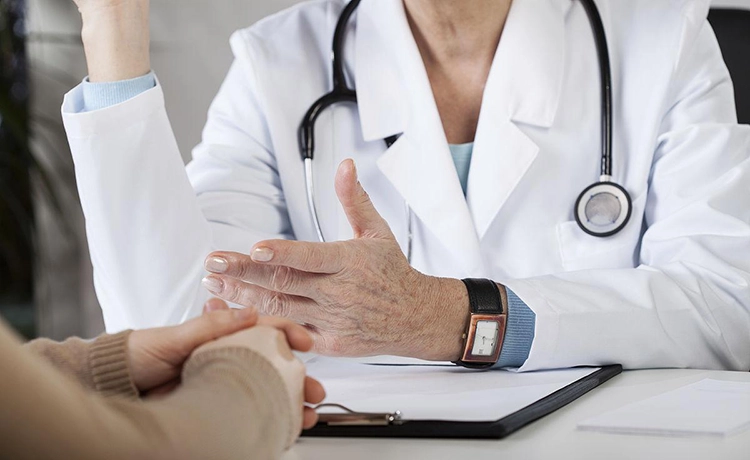
So what can help alleviate anorexia when a relative or friend has it?
1. Consult a doctor or professional:
There are many reasons for anorexia, including insomnia, pain, nausea, constipation, anxiety, stomach upset and other conditions will cause appetite loss, when there are these symptoms, to communicate with the doctor or professionals in time, symptomatic treatment will get better results.
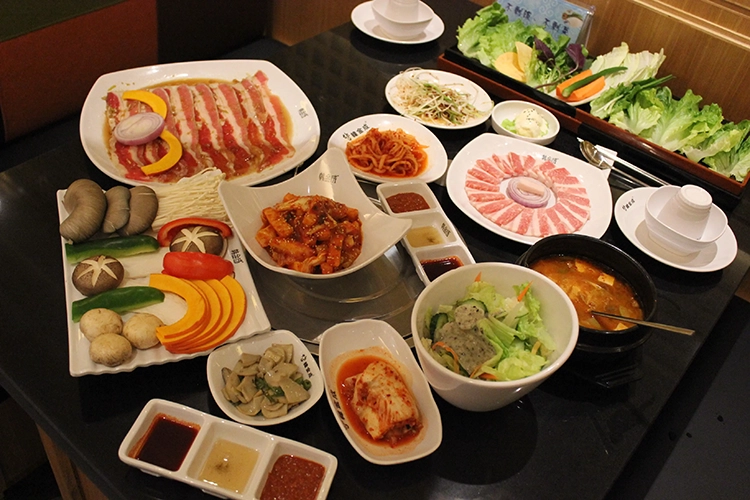
2. Diet adjustments:
Eat smaller, more frequent meals, keep healthy snacks on hand, and eat whenever your appetite is good throughout the day. Fixed times or meal times may reduce the total amount of food you eat.
Increase the amount of protease, organic acids and other foods, can help food digestion, such as pineapple, papaya, tomato, hawthorn and so on.

Food should be varied to increase the color and fragrance of food, which can mobilize multiple senses and increase appetite.
When you are sensitive to the taste of food, the temperature of the food should be warm and not hot when eating. Liquid food can be drunk with a straw in a cup with a lid to reduce the distribution of food taste and increase the amount of food.

3. TCM diet therapy:
Hawthorn, yam, malt, orange peel, chicken gold, white lentil, papaya and other ingredients have a certain effect on increasing appetite.
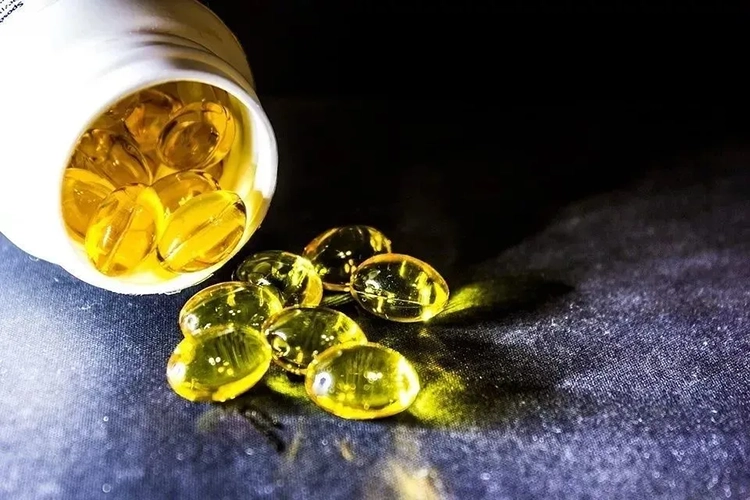
4 Pharmacological nutrition:
Fish oil: The European Society of Clinical Nutrition and Metabolism’s 2016 “Guidelines for Nutritional Treatment of Cancer Patients” recommends trying omega-3 fats (deep-sea fish oil) to help increase appetite. Omega-3 fats can help reduce inflammation associated with disease to some extent, promote appetite, and gain weight. The effective dose is: 2 grams of omega-3 fatty acids per day, and generally no more than 1.8 grams of EPA alone.
Vitamin B1: Vitamin B1 can increase appetite, maintain normal neurological activities, etc. When vitamin B1 is lacking, the oxidation of sugar in the tissue is affected. It also inhibits the activity of
cholinesterase, lack of vitamin B1, this enzyme activity is too high, acetylcholine (one of the neurotransmitters) a large amount of destruction of nerve conduction is affected, can cause gastrointestinal peristalsis slow, digestive tract secretion reduction, loss of appetite, dyspepsia, etc., resulting in eating disorders.

5 Nutritional support:
You can drink semi-liquid or liquid food when you do not want to eat. However, after the increase of liquid and semi-liquid food in food, the food energy is easy to be reduced. At this time, the number of meals should be increased to ensure the total amount of food.
If the food is still insufficient and the body weight is decreased, the nutrition can be strengthened by adding oral nutritional supplements. The nutritional preparations can be taken during or after meals alone, or they can be mixed with food to strengthen the nutrition of the food and increase the gastrointestinal tolerance of the nutritional preparations.
This kind of oral nutritional supplement is similar to our usual formula or drinking milk. It is the safest, simple and non-invasive nutritional treatment, which is recommended by major treatment guidelines and authoritative experts.
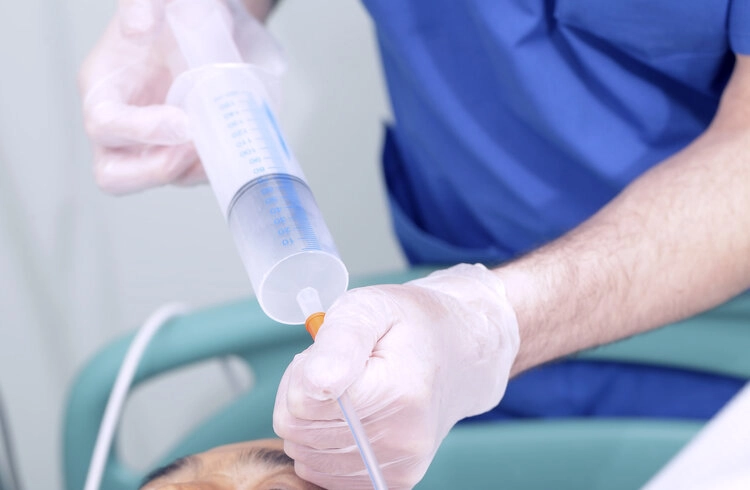
If the oral administration is insufficient or cannot be taken orally for various reasons, medical treatment should be timely, and tube feeding can also be used to strengthen nutrition.
At present, many people do not accept the nutritional way of tube feeding, and many people who benefit from this tube have extended their survival time for a long time, returned to their families, reduced medical costs, and improved their quality of life.
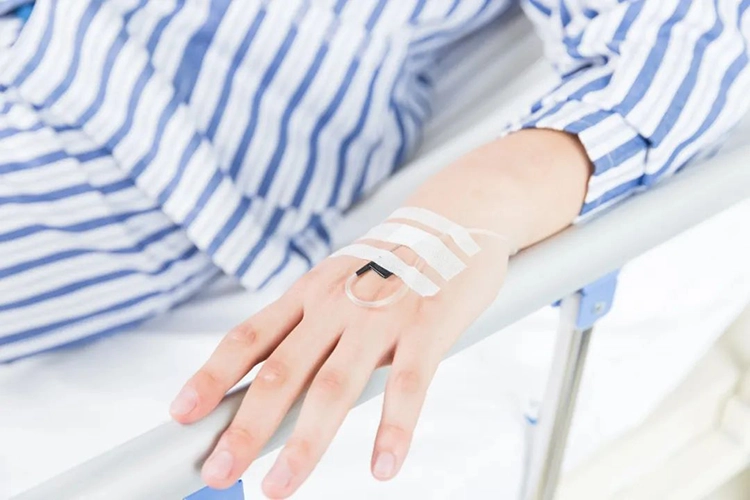
If enteral nutrition is still not satisfied, parenteral nutrition should be increased, that is, we inject nutrient solution intravenously.
At present, the common clinical method is the combination of oral nutrition supplement and parenteral nutrition, and the specific treatment method should be carried out under the guidance of doctors or nutritionists.
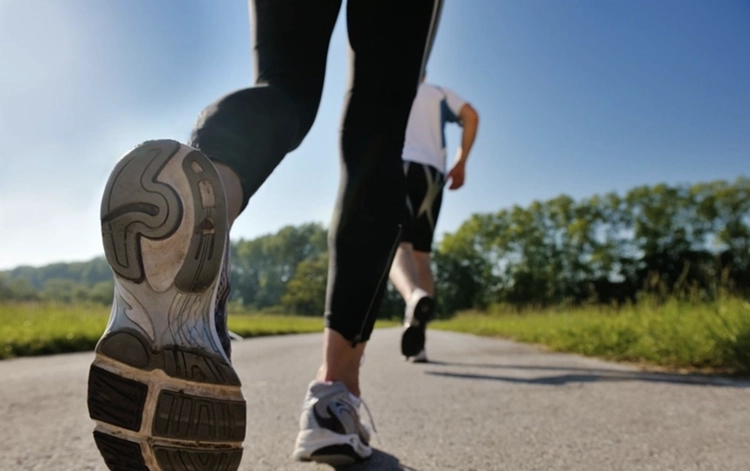
6 Add movement:
Exercise can promote gastrointestinal peristalsis, improve constipation, improve mood, increase appetite, patients in the physical condition allows, should gradually increase the amount of exercise.
When the weather is good, the appropriate sun, promote vitamin D production, in addition to promoting calcium absorption, for improving mood, improve the body’s immunity is also very beneficial.
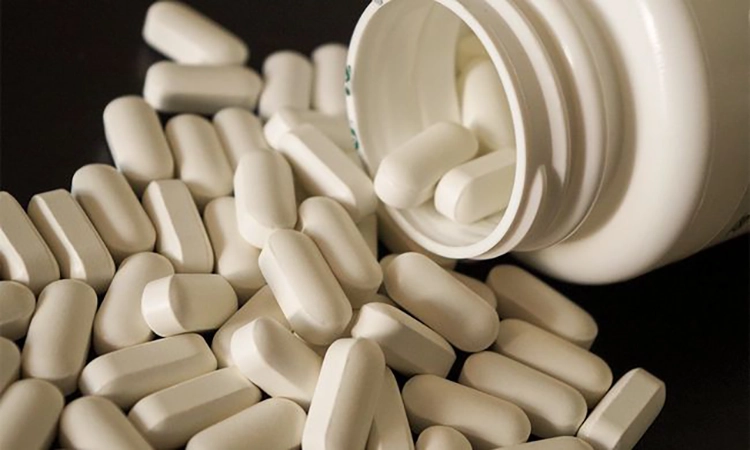
7 Medication:
Megestrol or medroxyprogesterone and glucocorticoids have the effect of significantly increasing appetite, and are often used in clinical practice.
And according to research shows that through such drugs to improve appetite, the increase is mostly for adipose tissue, and has caused blood clots or osteoporosis and other side effects. It is not advisable to take it for a long time.
Advice: This type of medication should be used under the guidance of a doctor

